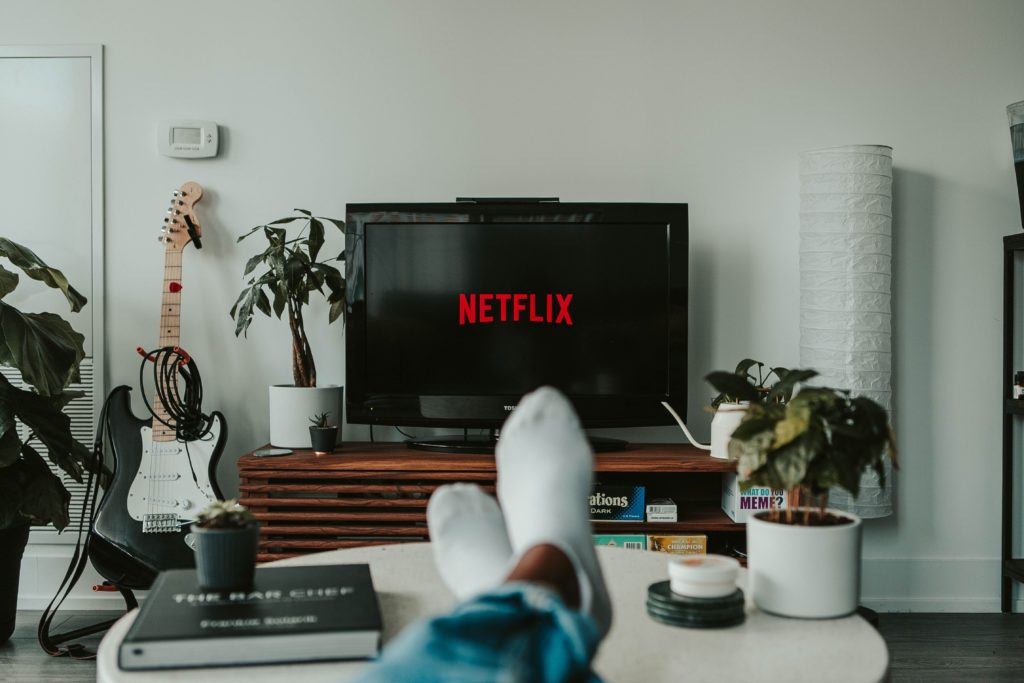When it comes to streaming services like Netflix, the proven success of the business model is simple: choice that’s specifically curated.
Both of those elements are necessary, but how do they break down?
Netflix gives us a menu of options and we choose what we want to spend the next day (or days, let’s be honest) binge-watching. So we’ll be recommended more of the same in order to keep us hooked, and so the couch-potato cycle persists (and we love it).
However, the Department of Communications and Digital Technologies in South Africa is trying to give us more local choice, which might be at the expense of international options. The department plans to place content quotas, as well as other regulations on streaming sites such as Netflix, and it could be problematic for consumers and creators.
How should we feel about this on the surface?
On the one hand, it’s amazing to give local content creators in the television and film industry more room to be showcased. The industry was knocked incredibly hard during the Covid-19 pandemic as many live broadcasting events and shows were no longer legally allowed to happen.
But Netflix has warned that the proposal, as outlined in the department’s white paper on the Audio and audio-visual Content Service policy framework, may not be effective for growth in the industry after all.
What does the draft white paper propose?
- Regulations should be set gradually based on the nature of Netflix, which will see up to a maximum of 30% of the video catalogue available in South Africa.
- This means 30% of the content will be South African.
Netflix’s case.
Shola Sanni, Netflix’s director of public policy for sub-Saharan Africa, according to BusinessTech, expressed that Netflix is already heavily invested in local content, and will continue to do so not out of legal obligation, but because it makes business sense. However, because of the nature of the services it provides, the proposal may not be feasible.
She expressed that there are fundamental differences in the model and structure of the global streaming service that may make this quota unable to achieve what its intents are directed toward.
Reasons it might not work.
When we consider that there may not be enough local content to fill up this space, it starts to make sense that people will downsize their time on streaming sites like Netflix instead of the inverse. Additionally, the quality that Netflix demands is largely 4k resolution, which requires high-end equipment, sources in the industry told Cape {town} Etc.
This is why Netflix has suggested that the government proposal should, instead, steer its focus toward incentivizing content providers to make investments in local content production. Perhaps investments in skills provision in film and television would also be more beneficial.
Netflix is doing its part, according to Sanni
Sanni explained that Netflix is already heavily invested in local content and will continue to be, not out of legal obligation, but because it makes business sense.
“There’s also a multiplier effect with any investment: the economic impact of each of our projects in South Africa is several times greater than the actual dollars invested,” she said.
“Between 2016 and 2020, Netflix has invested an estimated R800 million in South African shows, creating more than 1,800 jobs in the process.”
Sanni also observed how South African shows are watched by more people internationally than in SA. This is in particular reference to popular shows like Blood and Water which received 14 million views outside SA, BusinessTech states.
Other concerns.
- Effects of the quota could be expensive for users.
- Some requirements include submitting the financials, subscriber data and other information to regulators.
- This could increase costs due to the administration element.
“Consumers might be faced with higher costs and fewer choices and fewer providers would also mean less investment in high-quality South African content, and less opportunity for local talent,” says Sanni.
South Africa, apart from Brazil as of late 2020 celebrated having some of the best Netflix deals in the world in terms of price.
Additionally, the idea that the government seems to be set on pushing decisions despite the confidence of the streaming platform, is a whole other discussion on infringement on the line between public and private sectors. Where do we draw it?
Picture: Unsplash

